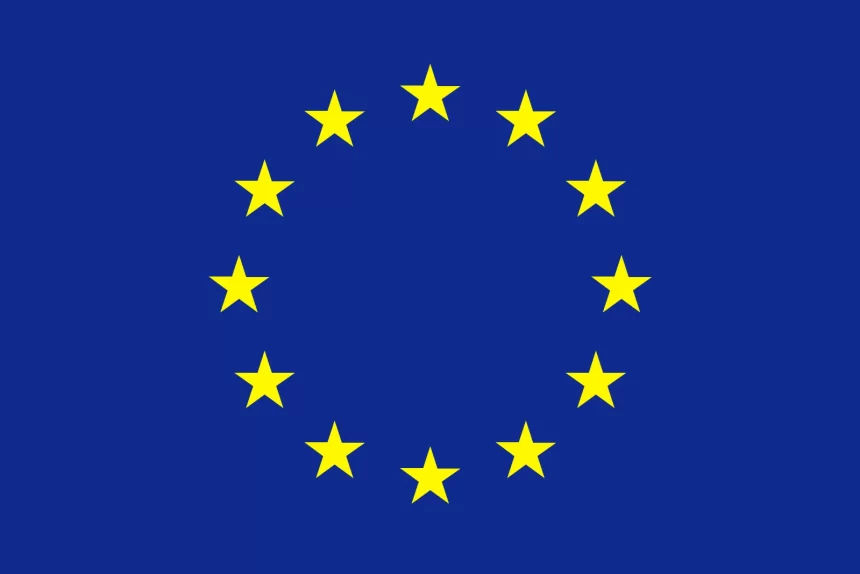Apple and Meta have declined to sign the European Union’s AI Pact, a voluntary initiative designed to promote responsible artificial intelligence development. Despite the European Commission securing over 100 signatories, including Google, Amazon, and Microsoft, the absence of Apple and Meta has drawn attention to a larger pushback from the tech industry against AI regulation.
Big Tech’s Response to the EU’s AI Initiative
The AI Pact, spearheaded by former EU digital commissioner Thierry Breton, is part of the EU’s broader effort to regulate artificial intelligence through its upcoming AI Act. The pact encourages companies to adopt responsible AI practices early, in preparation for binding regulations set to roll out in the coming years.

Among the firms that did sign the pact are major AI players such as OpenAI, Google, and Palantir. However, the refusal of some industry leaders to participate has exposed a divide between regulators and tech companies. Meta and Apple’s absence has been particularly notable, given their heavy involvement in AI development.
The AI Pact: What It Involves
The EU’s AI Pact outlines several voluntary commitments, including the creation of AI governance strategies, the identification of high-risk AI systems, and the promotion of AI literacy among employees. More than half of the companies involved have also agreed to additional pledges, such as mitigating risks associated with AI and ensuring transparency, particularly with regard to AI-generated content like deepfakes.
While the pact aims to encourage early compliance with the AI Act, it has also faced criticism from the industry. Some companies argue that Europe’s regulatory framework could stifle innovation, particularly when compared to regions with less stringent rules.
Meta and Apple’s Position: Why They Opted Out
Meta has acknowledged its decision not to join the pact, citing the company’s current focus on complying with the AI Act itself. “We welcome harmonized EU rules,” said a Meta spokesperson, adding that the company has not ruled out joining the pact at a later stage. However, Meta warned that overly restrictive regulations could limit AI’s potential for innovation, particularly in Europe.
Apple, which has been slower to develop AI technologies compared to its peers, has not yet provided an official reason for its absence from the pact. Still, its refusal to roll out AI-powered features on its latest iPhone models in Europe suggests that regulatory concerns are at play.
The lack of involvement from two of the world’s biggest tech companies raises questions about the effectiveness of voluntary regulatory initiatives like the AI Pact. As the EU gears up to implement the AI Act in full, the pushback from industry leaders could complicate future efforts to regulate the rapidly advancing field of artificial intelligence.












